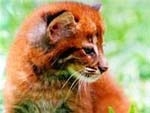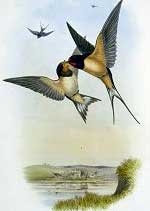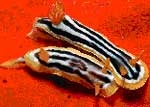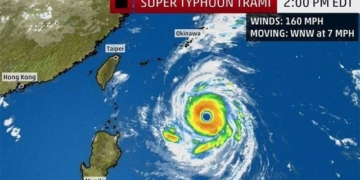The Sulphur-crested Cockatoo teaches each other how to pry open public trash bins to forage for food. This behavior is rapidly spreading across Sydney, Australia, a new study reveals.
Before 2018, the behavior of opening trash bins by the Sulphur-crested Cockatoo was only recorded in three suburbs around Sydney and Wollongong. By the end of 2019, this phenomenon was observed in 44 suburbs, according to a study published on July 22 in Science Magazine.
The rate at which this behavior spreads to neighboring areas is faster than to more distant suburbs. This indicates that the cockatoos learn how to open trash bins through mutual observation rather than through self-learning, said Dr. Barbara Klump from the Max Planck Institute for Animal Behavior (Germany), one of the lead researchers.
“This behavior did not suddenly appear simultaneously in these 44 suburbs, but follows the geographic layout of the suburbs,” Dr. Klump stated.
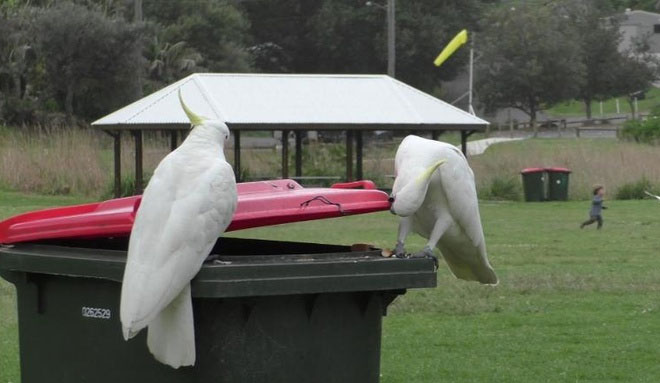
The Sulphur-crested Cockatoo teaches each other how to open trash bins for food. (Photo: Barbara Klump).
The Sulphur-crested Cockatoo is a highly intelligent parrot species that is very common in Australia. They are one of the few animal species capable of dancing to music.
Through the process of marking and observing 486 Sulphur-crested Cockatoos, researchers found that only about 10% of them, mostly males, had the ability to open the trash bin lids. The others waited until the lid was opened before they entered to search for food.
This species seems to be able to distinguish between red-lidded bins containing regular trash and yellow-lidded bins for recyclable materials. They opened the regular trash bins in 88% of the observations made during the study.
The researchers are unsure why this behavior has emerged in the cockatoos. However, Dr. John Martin from the Taronga Conservation Society (Australia), a co-author of the study, suggests that this behavior may stem from cockatoos foraging food from overfilled bins or lids blown open by the wind.
“An interesting question now is whether this behavior will continue to spread,” Dr. Klump remarked.








































